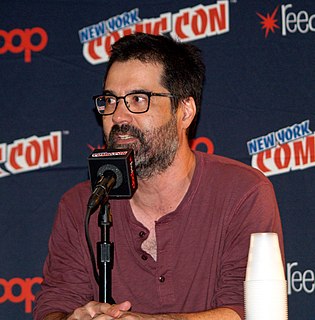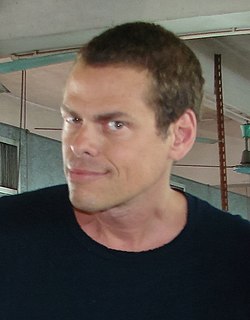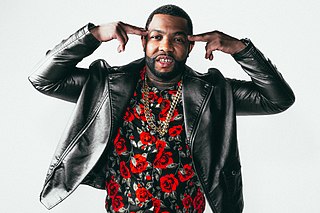A Quote by Kelly Sue DeConnick
I think women are vital to the future of the superhero comics and the entire industry - as creators, as editors, as consumers, as retailers.
Related Quotes
Almost everyone working in mainstream comics started off as a starry-eyed kid reading and loving comics. We're all fans, and that's great. But when we start working on company-owned comics professionally, we have to think like storytellers instead of fans. Editors aren't looking to hire the biggest fans of the characters. They're looking to hire the best creators with the best ideas.
If I could get any semblance of, not really anonymity, but control over my public image, that would be nice. But no, I think it's impossible [to maintain that], for one thing. I don't think anyone can do that, apart from Denzel Washington. It's a strange place that the film industry is at, where you can just play superhero after superhero.
I’ve always thought that if comics are a part of pop culture [then] they should reflect pop culture, but a lot of the time comics, superhero comics especially, just feed on themselves. For me, comics should take from every bit of pop culture that they can; they’ve got the same DNA as music and film and TV and fashion and all of these things.




































